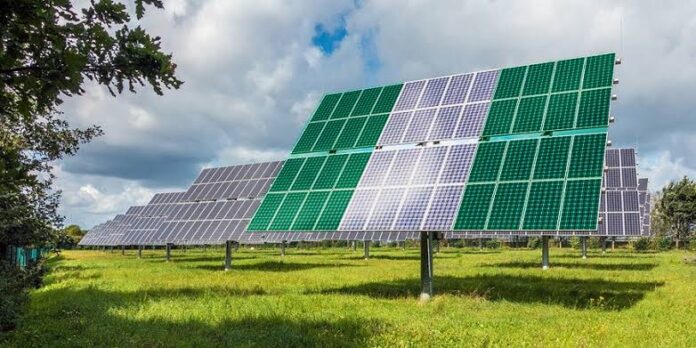By Jeph Ajobaju, Chief Copy Editor
Nigeria needs $400 billion between now and 2050 to power 25 million homes, says Minister of State for Power, Goddy Jedy-Agba, even though huge sums have been poured into the sector, including $6 billion spent in the Olusegun Obasanjo years.
Jedy-Agba spoke at a press conference in Lagos ahead of the COP26 United Nations Conference on Climate Change, where he gave an assurance of Nigeria’s readiness to participate in the conference scheduled for Glasgow, Scotland in November.
Vanguard reports that 25 million homes in Nigeria are not connected to the national grid and have no access to electricity. To power these homes, the federal government has embarked on solar home systems and mini-grids.
Jedy-Agba highlighted the challenges in access to energy, saying Nigeria will align with an energy transition that is equitable, inclusive, and just.
His words: “Energy transition for Nigeria will feature both clean energy technologies and natural gas, with the aim of achieving net-zero emissions by 2050.
“Nigeria had developed an Energy Transition Plan on pathways for achieving universal access by 2030 and net-zero targets by 2050.
“Nigeria is currently working on delivering energy to the 25 million Nigerians without access to energy through solar home systems and mini-grids.
“The figures show this would require investments of over $400 billion in excess of business as usual spending between now and 2050.”
Nigeria Energy Forum (NEF) 2021 e-conference Chairman, Daniel Adeuyi, reiterated that industrial revolution based on modern energy technologies can accelerate socio-economic recovery globally post-pandemic.
He outlined the scope of the conference and benefits to participants which include four workshops on energy and panellists to discuss topics.
Adeuyi urged all stakeholders to contribute towards sustainable industrialisation, power sector recovery, and successful transition to net zero emissions by 2050.











